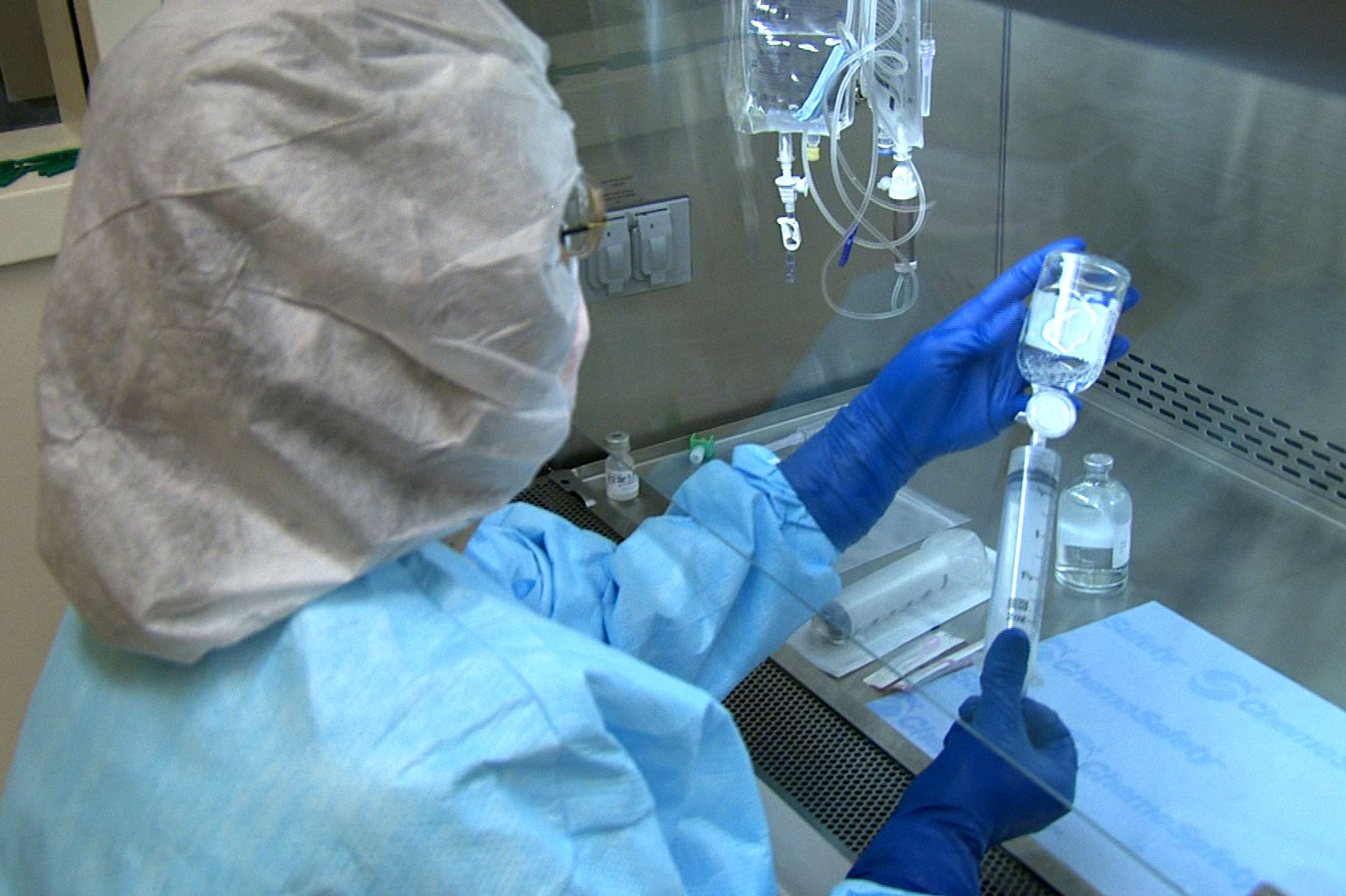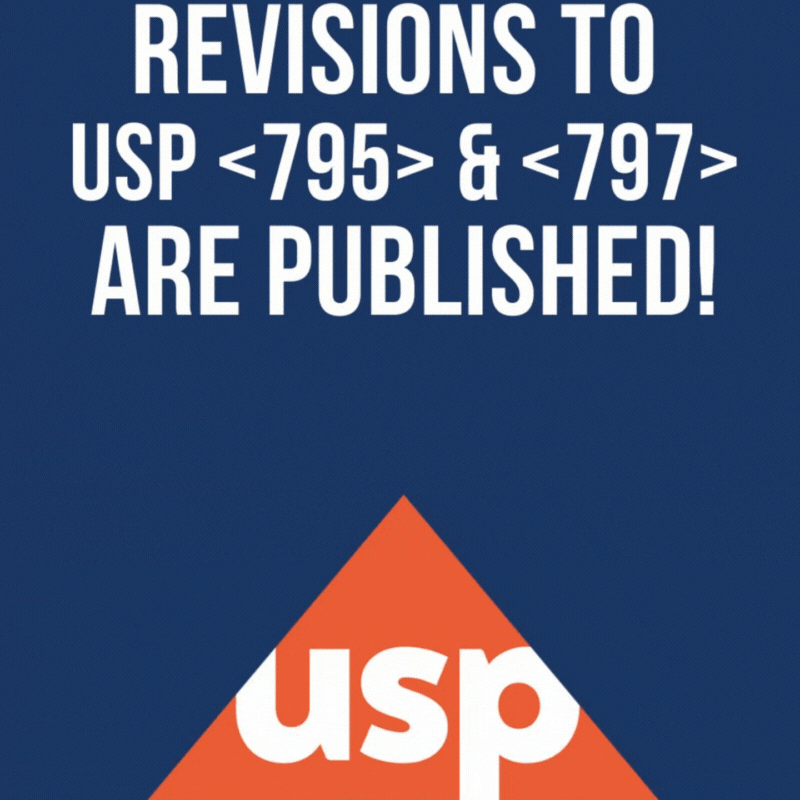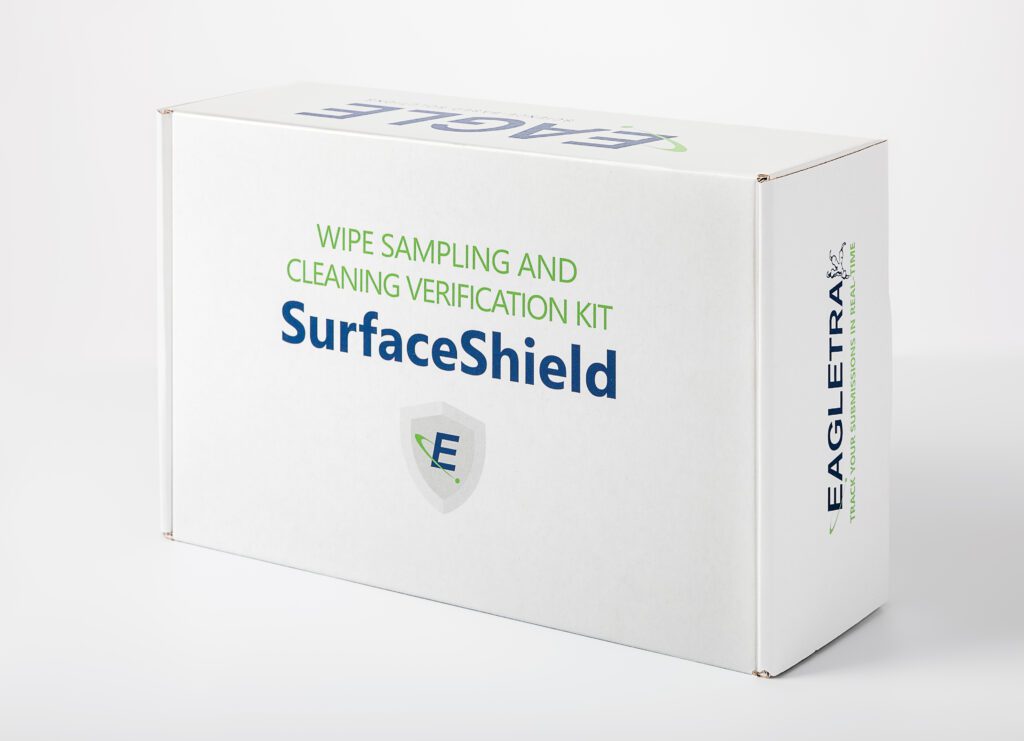
FDA Relaxes Restrictions on 503Bs for COVID-19
On April 16, 2020, the FDA issued the guidance document “Temporary Policy for Compounding of Certain Drugs for Hospitalized Patients by Outsourcing Facilities During the COVID-19 Public Health Emergency”. The guidance intends to address reports that the FDA has received from hospitals regarding difficulties in sourcing FDA-approved drugs due to increased demand and supply chain interruptions. While some of the reports are regarding drugs already on the FDA’s drug shortage list, hospitals are also reporting difficulty in obtaining certain FDA-approved drug products that do not yet appear on the drug shortage list.
Thank you for reading this post, don't forget to subscribe!The guidance outlines certain conditions under which the FDA does not intend to take regulatory actions against 503B outsourcing facilities for preparing certain compounded drugs for patients hospitalized during the duration of the public health emergency. While outsourcing facilities are permitted by the FD&C Act to prepare compounded drug products that are a copy or essentially a copy of drugs that appear on the FDA’s drug shortage list, the guidance outlines additional allowances for outsourcing facilities during the public health emergency.
Under certain conditions, the FDA does not intend to take action against outsourcing facilities regarding the following:
- Compounding a drug that is essentially a copy of an approved drug;
- Using bulk drug substances that do not appear on the FDA’s 503B bulks list;
- Not meeting CGMP requirements for stability testing.
The conditions that must be present are
- The drug compounded must be included on a list of drugs used for hospitalized patients with COVID-19 provided in Appendix A of the guidance document;
- The compounded drug can only contain one of the active ingredients found on the list provided in Appendix A;
- The hospital must inform the outsourcing facility that they are treating patients with COVID-19 and have made reasonable attempts to obtain an FDA-approved drug product;
- The bulk drug substances used must comply with USP monograph standards, be obtained from FDA-registered facilities, and be accompanied by a certificate of analysis;
- The expiration date assigned to the compounded drug must comply with Appendices B and C of the guidance document, with some exceptions.
Drugs that Appear in Appendix A:
|
Appendices B and C of the guidance document can also be found in the FDA’s guidance “Current Good Manufacturing Practice – Guidance for Human Drug Compounding Outsourcing Facilities Under Section 503B of the FD&C Act” (January 2020). Appendix B describes FDA policy on assigning expiration dates to compounded drug products, and Appendix C describes conditions under which the FDA does not intend to take regulatory action regarding stability testing requirements.
The temporary policy on compounding for hospitalized patients introduces the following exceptions to the conditions outlined in Appendices B and C:
- For compounded products that are aqueous sterile solutions for injection where all of the components are soluble in water:
- A default BUD of 28 days room temperature or 42 days refrigerated may be assigned if sterility testing has not been completed before release.
- Limited stability testing, described in Appendix C, must be initiated before the aggregate batch size exceeds 1,000 units.
- For compounded products that are not intended to be sterile:
- The default BUDs in Table B of Appendix C should be used.
- Limited stability testing must be initiated before the aggregate batch size exceeds 5,000 units.
- A shorter BUD must be used if relevant literature, scientific information, or commercially available drug product labeling indicates that the compounded product may not be physicochemically stable for the default BUD period.
View the complete Guidance Document on the FDA website
References:
- The U.S Food and Drug Administration – https://www.fda.gov/regulatory-information/search-fda-guidance-documents/temporary-policy-compounding-certain-drugs-hospitalized-patients-outsourcing-facilities-during-covid. Accessed Thursday, April 16, 2020.
- The U.S Food and Drug Administration’s Photostream. “Compounding Under a Hood” Digital Image. Flickr. Yahoo! Inc. Web. Accessed: 16 April, 2020. https://flic.kr/p/9hdbCU
Who We Are
Eagle consultants and scientists are helping compounding facilities implement successful quality systems. Our team has over 200 years of combined experience in the FDA-regulated pharmaceutical industry and can provide guidance in establishing the systems and processes that will help facilities producing compounded medications meet and exceed regulatory expectations. Follow the link below to learn more about our consulting services.
- Eagle New Year Party & Eagle Employee Of The Year Award Ceremony, 01/13 - March 11, 2024
- HRT Functional Medicine Symposium, 02/15 – 02/17 - March 11, 2024
- APhA, 03/22 – 03/25 - March 11, 2024




